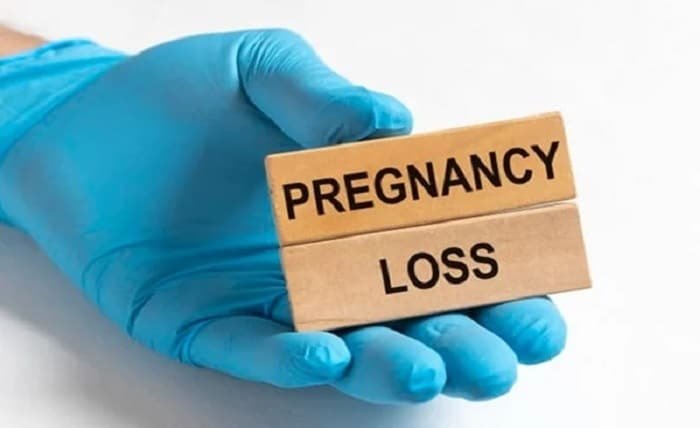Pregnancy is a time filled with hope and excitement for many couples. However, in some cases, repeated miscarriages bring sadness and confusion. Losing a pregnancy more than once can feel heartbreaking. Furthermore, it generates significant emotional distress and prompts inquiries into the underlying causes.
Medically, having two or more pregnancies end in miscarriage before 20 weeks is classified as recurrent pregnancy loss. It is a medical condition that affects many couples across the world. Knowing the causes and treatments equips people to better manage it and actively seek appropriate care and support.
Causes of Recurring Miscarriage
Every case is unique and may involve one or more of these factors:
- One major cause is chromosomal abnormalities in the fetus. These are changes in the baby’s genetic material, often caused by errors during cell division. Sometimes, one parent may carry a balanced translocation, which doesn’t affect their own health but can affect embryo development.
- Hormonal imbalances also play a role. Low levels of progesterone, which supports pregnancy in the early weeks, can lead to miscarriage. Conditions like thyroid disorders, diabetes, and polycystic ovary syndrome (PCOS) affect hormone levels and increase the risk of loss.
- Uterine abnormalities can make it hard for the embryo to attach and grow properly. A septum (a wall dividing the uterus), fibroids (non-cancerous growths), or a thin uterine lining are some examples. These can prevent proper blood flow or space for the baby to grow.
- Conditions like antiphospholipid syndrome (APS), which is a blood clotting disorder, can result in clots in the placenta, cutting off the baby’s blood supply. Women with this condition have a higher risk of miscarriage unless treated.
- Infections like bacterial vaginosis or chronic inflammation in the uterus can sometimes disturb a developing pregnancy. Though not always a direct cause, they may increase risk if left untreated.
How Doctors Diagnose the Problem
Doctors do many tests to find out what causes repeated miscarriages. The process usually starts with a full medical history and physical exam. They ask about previous pregnancies and any health issues. Blood tests help find hormone problems, infections, or immune system disorders. Genetic tests check for changes in the chromosomes of both partners.
An ultrasound or special scan looks for structural issues in the uterus. Sometimes, doctors suggest a hysteroscopy to get a better view of the womb. Clotting tests find out if the blood forms clots too easily. All these steps help doctors understand the exact reason for the problem.
In addition to understanding the causes and treatments for recurrent pregnancy loss, it’s crucial for individuals to have access to comprehensive support and resources. For those seeking guidance and assistance, Lebanon abortion resources offer valuable information and services tailored to individual needs. These resources can provide support in navigating complex emotional and medical decisions, ensuring that individuals receive the care and understanding they require during challenging times. Access to such resources can be a vital component in managing reproductive health and making informed choices about one’s future.
Treatment Options for Recurrent Pregnancy Loss
Treatment depends fully on the cause. Each case needs a special plan. Doctors aim to treat the medical issue and support the pregnancy from the start. Here are the most common treatment options:
- Genetic Treatments
If testing finds a genetic issue, doctors may suggest in-vitro fertilization (IVF) with preimplantation genetic testing (PGT). This helps choose healthy embryos. Couples can also meet with a genetic counsellor to understand the risks.
- Hormone Support
Low progesterone levels or thyroid issues are common and treatable. Doctors often give progesterone supplements to support early pregnancy. Thyroid problems are managed with medication to keep hormone levels normal. In women with PCOS, metformin may also be given.
- Surgical Treatment
If the uterus has a structural issue like a septum, fibroid, or polyp, surgery can help. Doctors often perform a hysteroscopic procedure to correct the shape of the uterus and make space for a growing baby.
- Immunological Treatment
Some doctors prescribe medications like steroids or immunoglobulin for immune-related causes. These treatments lower abnormal immune reactions that could affect pregnancy.
Recurrent pregnancy loss brings both physical pain and emotional distress. But there is hope. With the right diagnosis and strong treatment options, many couples go on to have healthy babies. Doctors use various tools to understand each case. Treatments range from medicines and surgery to lifestyle changes and mental health care. Every plan is unique and focused on the couple’s needs. Support, patience, and expert care lead the way toward a new beginning.

